Cloud Financial Management
Achieve the best price-to-performance ratio for your cloud deployments with FinOps-driven cost control.
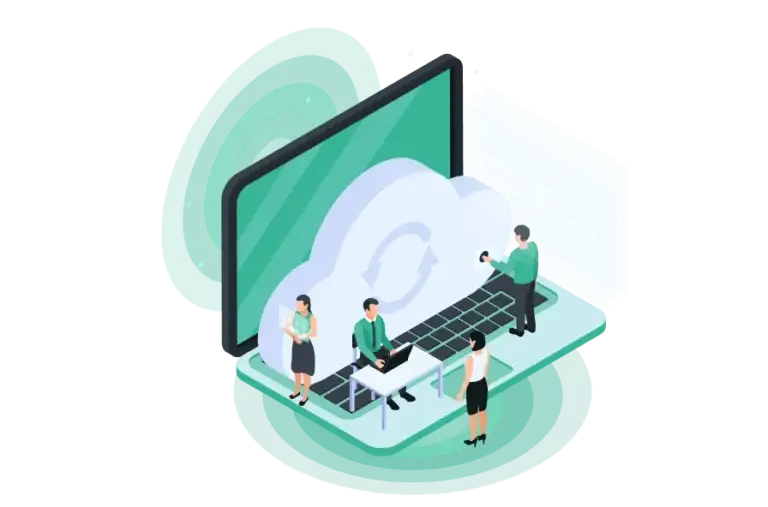

What is FinOps?
FinOps is a cloud financial management practice focused on optimizing cloud spend and improving accountability across teams. Unlike traditional cloud cost models, FinOps bridges finance, engineering, and operations to ensure real-time cost visibility and control. Managing cloud costs is challenging due to dynamic resource usage, unpredictable billing, and complex multi-cloud environments.
Business Impacts of Successful Cloud Financial Management
Successful cloud financial management directly impacts business performance by improving financial control, optimizing cloud spending, and driving growth. FinOps practices enable businesses to manage cloud costs efficiently, leading to increased profitability and scalability.
Increased Profit Margins
Savings directly enhance profitability by reducing unnecessary cloud expenditures.
Investment in Innovation
Savings can be directed towards new technologies and innovations.
Accurate Forecasts
Real-time insights provide better financial predictability and cloud budgeting.
Customer Acquisition
Competitive pricing helps acquire and retain customers, boosting growth.
Improved Decision-Making
Real-time financial insights empower teams to make data-driven decisions quickly.
Faster Time-to-Market
Streamlined processes enable teams to focus on innovation rather than cost management.
The FinOps Approach to Cloud Cost Management
Finops plays a vital role in cloud financial management by reducing manual intervention, increasing accuracy, and enabling real-time tracking of cloud costs. It helps streamline tasks such as resource allocation, budgeting, and cost monitoring by implementing automated workflows, dashboards, and alerts. Ultimately, it improves financial predictability, reduces human errors, and drives cost efficiency.
Cost Allocation Tags
Helps track cloud expenses by assigning tags to resources, making cost attribution clear across teams.
Budgeting and Metering
Define budgets and track cloud spend against it to prevent cost overruns.
Real-Time Usage
Provide up-to-date visibility on resource usage and expenses using Reports and Dashboards, for informed decision-making.
Alerts and Notifications
Set up alerts to notify when cloud costs exceed a specific threshold or resources are underutilized.
Develop and Monitor KPIs
Create key performance indicators to monitor and optimize cloud financial performance.
The Need for Cloud Cost Management
Cloud resources can be easily over-provisioned, leading to spiraling costs. Without proper visibility into your cloud spend, organizations often end up paying for unused resources or suffer from hidden charges. Cloud cost management addresses these pain points by optimizing resource usage, enabling real-time spend tracking, and recommending cost-saving opportunities.
Reducing Cloud Expenses for You
-
Auto-scaling Resources
-
Automated Task Scheduling
-
Workload Efficiency Analysis
-
Rightsizing Resources
-
Co-Developing Cost KPIs
-
Comprehensive Observability Toolchain
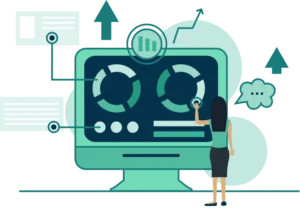
We implement auto-scaling to dynamically adjust resource allocation in real time based on demand. This ensures customers avoid over-provisioning and only pay for the resources they actually use, maximizing cost efficiency.
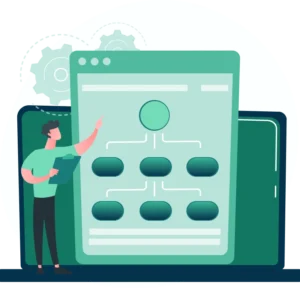
By automating task scheduling, we ensure non-essential workloads run during off-peak hours. This approach significantly reduces costs for tasks that don’t need immediate processing, providing optimized cloud resource utilization.
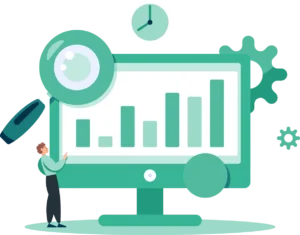
We conduct detailed workload performance analysis to identify resource inefficiencies. By fine-tuning resource allocation, we reduce unnecessary expenses and boost cloud performance, providing customers with cost-effective cloud solutions.

Through ongoing monitoring and data analysis, we ensure cloud resources are perfectly sized for each workload. This avoids over-provisioning, reduces waste, and maximizes efficiency, translating into significant cost savings for customers.
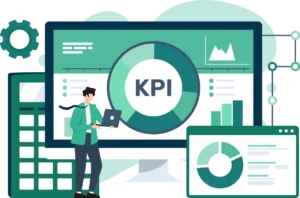
We collaborate with customers to develop custom cost management KPIs. This ensures continuous monitoring, precise budgeting, and proactive cost optimization, helping businesses stay on track and avoid unexpected cloud expenses.
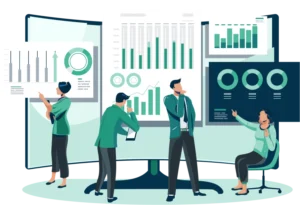
We deploy a comprehensive monitoring and observability toolchain, offering real-time insights into resource usage. This enables proactive adjustments, ensuring resources are used efficiently and costs remain under control.
Auto-scaling Resources

We implement auto-scaling to dynamically adjust resource allocation in real time based on demand. This ensures customers avoid over-provisioning and only pay for the resources they actually use, maximizing cost efficiency.
Automated Task Scheduling

By automating task scheduling, we ensure non-essential workloads run during off-peak hours. This approach significantly reduces costs for tasks that don’t need immediate processing, providing optimized cloud resource utilization.
Workload Efficiency Analysis
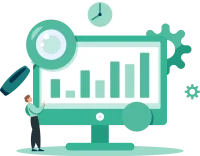
We conduct detailed workload performance analysis to identify resource inefficiencies. By fine-tuning resource allocation, we reduce unnecessary expenses and boost cloud performance, providing customers with cost-effective cloud solutions.
Rightsizing Resources

Through ongoing monitoring and data analysis, we ensure cloud resources are perfectly sized for each workload. This avoids over-provisioning, reduces waste, and maximizes efficiency, translating into significant cost savings for customers.
Co-Developing Cost KPIs
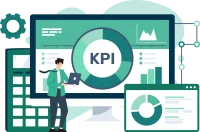
We collaborate with customers to develop custom cost management KPIs. This ensures continuous monitoring, precise budgeting, and proactive cost optimization, helping businesses stay on track and avoid unexpected cloud expenses.
Comprehensive Observability Toolchain

We deploy a comprehensive monitoring and observability toolchain, offering real-time insights into resource usage. This enables proactive adjustments, ensuring resources are used efficiently and costs remain under control.
Why Choose SquareOps for Cloud Cost Management?
Data-Driven Controls
Proven Expertise
Real-Time Insights
Real-Time Insights
Cost-Effective
We implement scalable cost-saving practices tailored to your cloud infrastructure needs, ensuring a significant ROI.
Real-Time Insights
Our advanced monitoring provides up-to-the-minute data, helping you identify cost-saving opportunities instantly.
Collaborative
We co-create performance indicators with clients to track financial health and achieve long-term cost efficiency.

Expert Guidance
Our team offers continuous support, providing strategic insights that help you make data-driven decisions for cloud financial management.
Unlock AWS potential with SquareOps. We’ll guide you through modernizing systems and scaling globally with expert cloud migration.
Success Stories
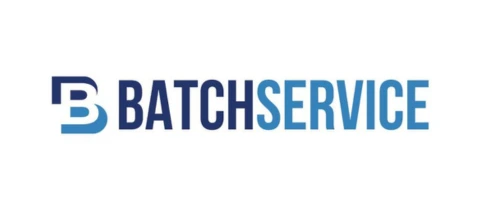
Smooth Migration of MongoDB & Elasticsearch to AWS
- Case Studies
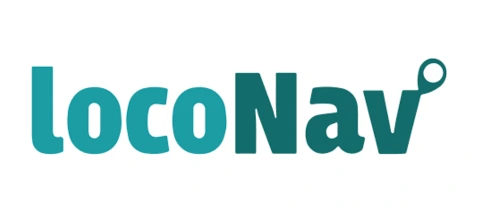
Streamlining Deployments for Loconav with Automation
- Case Studies
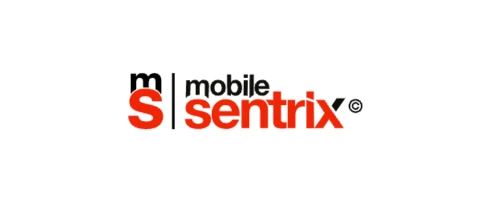
Scaling DevOps & Performance for MobileSentrix
- Case Studies

Migration of MongoDB & Elasticsearch to AWS
- Case Studies
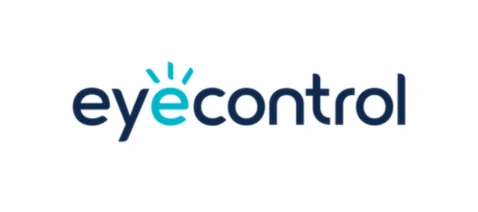
AWS Control Tower Strategy For EyeControl
- Case Studies
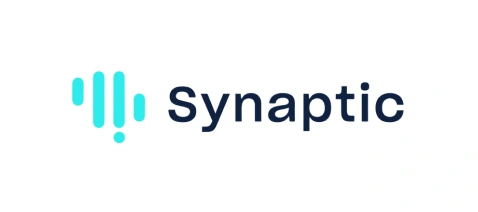
Transforming AWS Security Landscape For Synaptic
- Case Studies
Latest From our Blog
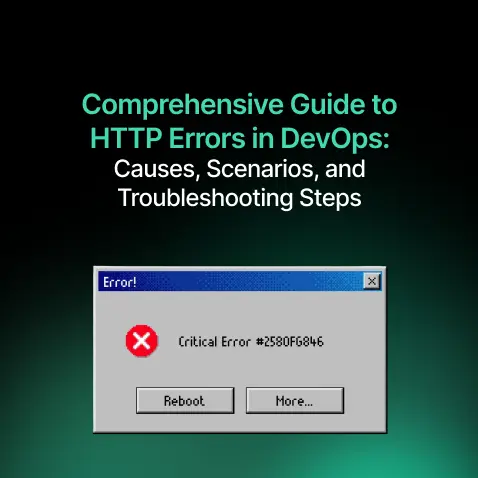
Comprehensive Guide to HTTP Errors in DevOps: Causes, Scenarios, and Troubleshooting Steps
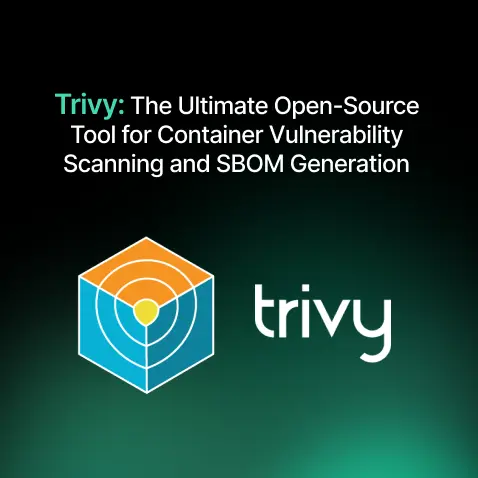
Trivy: The Ultimate Open-Source Tool for Container Vulnerability Scanning and SBOM Generation
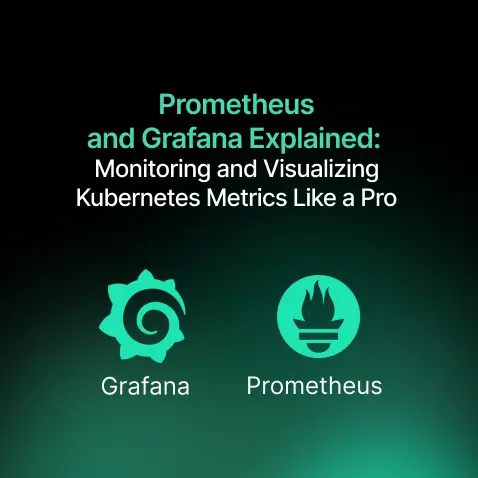
Prometheus and Grafana Explained: Monitoring and Visualizing Kubernetes Metrics Like a Pro
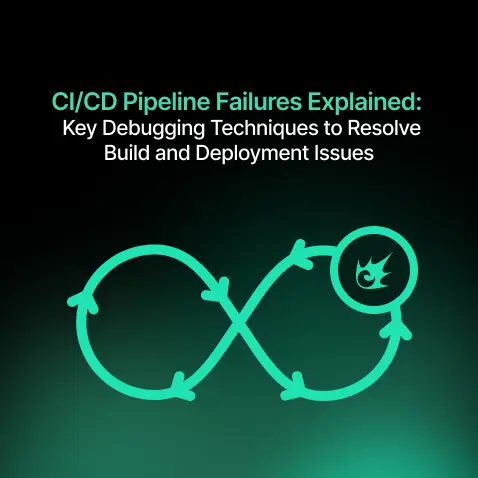
CI/CD Pipeline Failures Explained: Key Debugging Techniques to Resolve Build and Deployment Issues
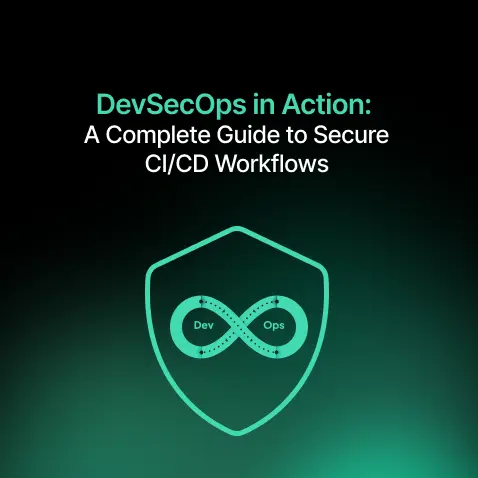
DevSecOps in Action: A Complete Guide to Secure CI/CD Workflows
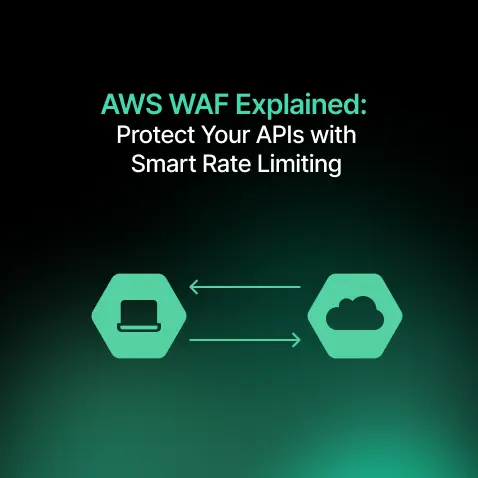
AWS WAF Explained: Protect Your APIs with Smart Rate Limiting
Stay Ahead in the World of DevOps
Latest From our Blog

Comprehensive Guide to HTTP Errors in DevOps: Causes, Scenarios, and Troubleshooting Steps

Trivy: The Ultimate Open-Source Tool for Container Vulnerability Scanning and SBOM Generation

Prometheus and Grafana Explained: Monitoring and Visualizing Kubernetes Metrics Like a Pro

CI/CD Pipeline Failures Explained: Key Debugging Techniques to Resolve Build and Deployment Issues

DevSecOps in Action: A Complete Guide to Secure CI/CD Workflows

AWS WAF Explained: Protect Your APIs with Smart Rate Limiting
Stay Ahead in the World of DevOps
Explore How SquareOps can help you with your DevOps needs? Talk to an expert!
Frequently asked questions
FinOps provides real-time cost visibility, fostering shared accountability and continuous optimization to prevent overspending.
Core principles include real-time visibility, shared responsibility, continuous improvement, and data-driven decisions.
FinOps focuses on proactive, real-time management, integrating finance, engineering, and operations for better cost control.
Benefits include improved financial control, increased profit margins, better forecasting, and faster time-to-market.
SquareOps uses FinOps best practices, automated workflows, and real-time monitoring to optimize cloud spending
Automation reduces manual work, increases accuracy, and allows real-time tracking of expenses to enhance cost control.
Use cost allocation tags, set budgets, track real-time expenses, and develop KPIs for financial health monitoring.
Challenges include limited cost visibility, complex billing, and difficulties in resource allocation and control.
SquareOps stands out through its proven FinOps expertise, real-time insights, collaborative approach, and cost-effective practices tailored to each business’s cloud infrastructure, ensuring maximum ROI and financial transparency.
Common tools include cost management platforms like AWS Cost Explorer, Azure Cost Management, Google Cloud’s Billing, CloudHealth, and open-source tools for cost reporting, tagging, and alerting.

